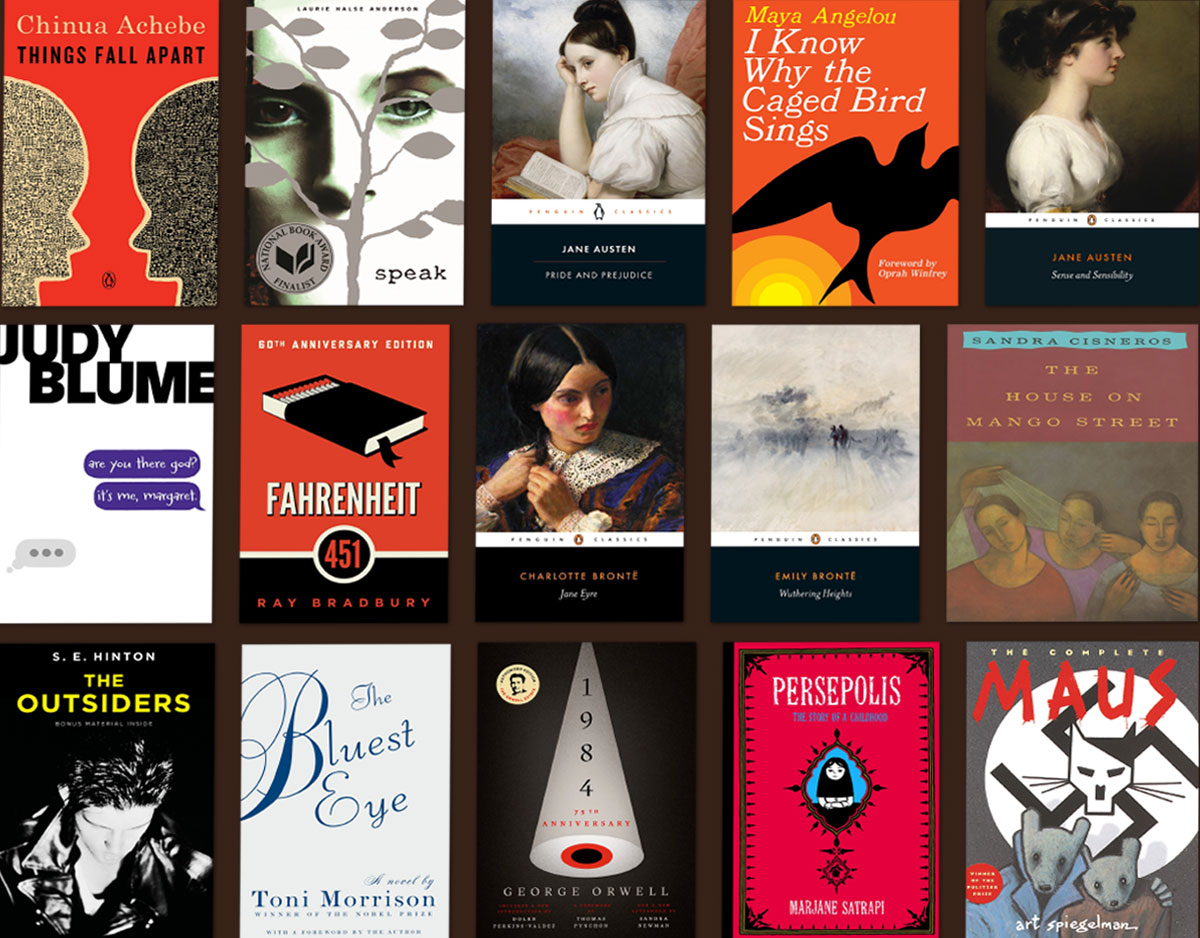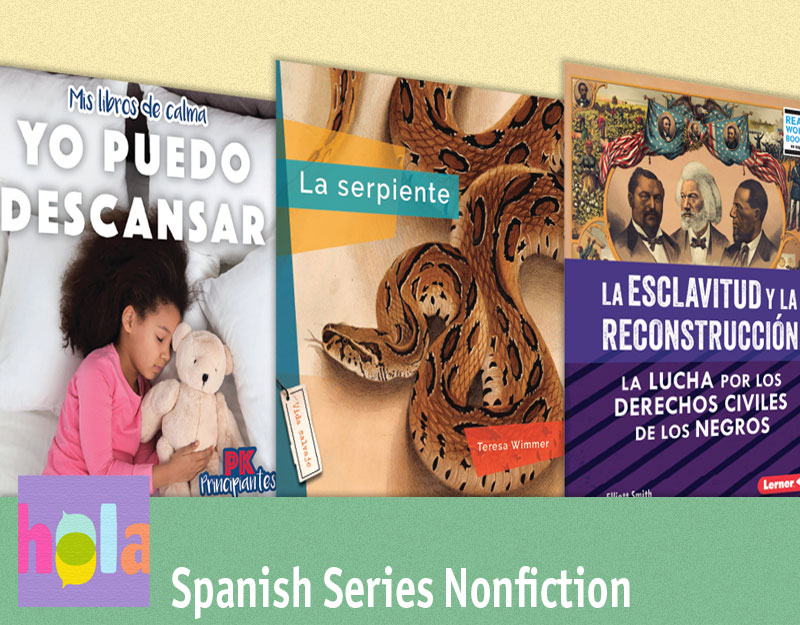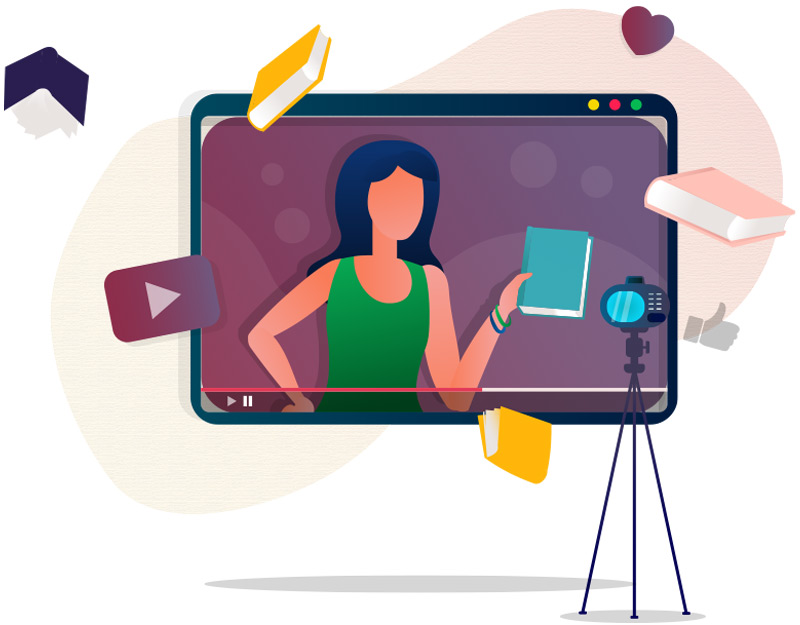Sunday Reflections: The sacred & the profane
 To many of us, for many teens, the library can be a sacred space. A place of refuge and quiet contemplation. A place where the everyday expectations and pressures of life are lifted and teens are allowed to be themselves more genuinely, more authentically, more freely than they might be allowed to express at home, in school, or with friends. We strive to provide this kind of safe space for creative and personal expression. Sometimes, this sacred refuge will mean quiet, peaceful reflection. Sometimes the sacred refuge will mean letting inner thoughts rise to the surface through expressive, even profane, language.
To many of us, for many teens, the library can be a sacred space. A place of refuge and quiet contemplation. A place where the everyday expectations and pressures of life are lifted and teens are allowed to be themselves more genuinely, more authentically, more freely than they might be allowed to express at home, in school, or with friends. We strive to provide this kind of safe space for creative and personal expression. Sometimes, this sacred refuge will mean quiet, peaceful reflection. Sometimes the sacred refuge will mean letting inner thoughts rise to the surface through expressive, even profane, language.
Recently, TLT received a reader request to address an issue related to this notion of sacred and profane that a lot of us have contemplated. Megan writes:
I was hoping you could do a post on TLT on the topic of profanity in teen library programs. What can and can’t be done in teen library programs? What rules (both spoken and unspoken) do people follow when setting their guidelines?
We have a lot of teens here who make their own beats and write their own raps, and I would love to have a talent show program where they can share their music with each other. However, these kids have really rough lives and I know their lyrics are going to be equally rough. We also have an open mic night where teens are invited to share music, art, drama, and writing. It can be their own work or works that they enjoy. Restricting profanity in these creative situations seems wrong to me.
Sometimes, the library might need to be a refuge from the profanity.
Then again, sometimes the profanity and focus on difficult topics is going to be a necessary part of a teen’s cathartic expression.
How do we balance these dueling demands within one library, one space, or one program?
Balance is the key. Just like it would be unworkable to ban and punish any and all profanity, allowing a no-holds-barred free for all is just as unworkable. We need to consider the audience, the location, the purpose, the people.
Is harsh language necessary to express pain or despair in a poem or theatrical piece during an open mic? Is it necessary to express annoyance in general conversation during a gaming program?
Should you allow teens in your writing group to use whatever strong language they need to express their feelings and experiences? I believe you should. The creative process is sometimes improved by providing boundaries – you need look no further than poetic forms to see how this works – but this might need to come later, after you have already established trust and respect for the teens, their issues, and their words.
On the other hand, should we be condoning a liberal use of four-letter-words in an open teen center or a less personally charged program? I would argue that this should be curtailed. Our open spaces are just that – open – and should feel that way and sound that way. Curating a space that allows anyone to feel welcome often means editing (You recall the saying about sex, religion, politics, and polite conversation?) and this is something that we can help our teens learn.
We need to remember, as our reader Megan later mentions, that profanity and strong language is not always going to be conducive to providing a comfortable place for all of our teen patrons. Just because they hear it everywhere, they read it in teen literature, and they see it in movies doesn’t mean that all teens appreciate or use profanity, and it doesn’t mean that we should endorse the use of rough language when the setting doesn’t warrant it.
As this season of diverse religious holidays should remind us, sacred spaces and connections vary from person to person. What is sacred about the Library – our appreciation of the individual, our dedication to lifelong learning, our drive to connect people with what they need – will look different from teen to teen depending on the needs and interests he or she brings to us. Getting back to balance, profanity, and safe spaces, I invite you to share your own guidelines – institutional or personal – for profanity and self expression with teens. How do you deal with a mixed group of teens with diverse backgrounds, needs, and styles of language?
ADVERTISEMENT
ADVERTISEMENT
Karen’s Two Cents: In programming, my program space is declared a “Safe Place.” Although I love how Heather refers to it as sacred. So when in a teen program, I do ask that my teens keep their hands to themselves, that they respect the feelings of others, and that they watch their language and the types of things that they talk about. What is comfortable for one is not always comfortable for another, and learning to be in community with those that are different from us is a really important life skill. I think that is one of the great things about amazing literature, it helps us to walk in someone else’s shoes and develop a compassion towards them, and I ask that my teens be aware of those around them in a programming environment in the same way. Teens should be able to come to a library program, have fun, and feel safe. Balancing self expression and being in community with others is one of life’s great challenges, and that is no different in a teen program.
Filed under: Adolescent Development, Profanity, Programming, Sunday Reflections
About Karen Jensen, MLS
Karen Jensen has been a Teen Services Librarian for almost 30 years. She created TLT in 2011 and is the co-editor of The Whole Library Handbook: Teen Services with Heather Booth (ALA Editions, 2014).
ADVERTISEMENT
ADVERTISEMENT
SLJ Blog Network
One Star Review, Guess Who? (#202)
This Q&A is Going Exactly As Planned: A Talk with Tao Nyeu About Her Latest Book
Exclusive: Giant Magical Otters Invade New Hex Vet Graphic Novel | News
Parsing Religion in Public Schools
ADVERTISEMENT








well said.